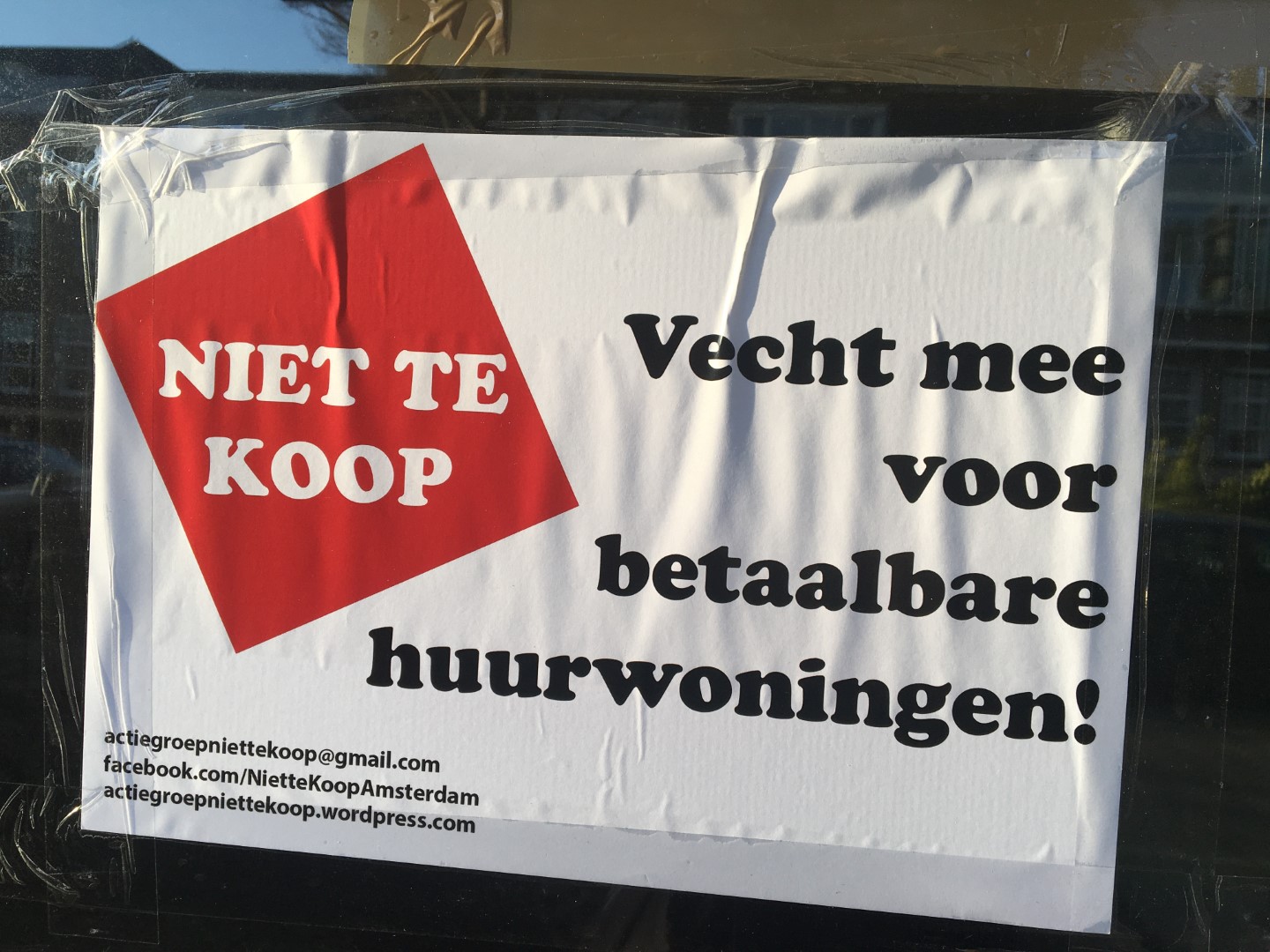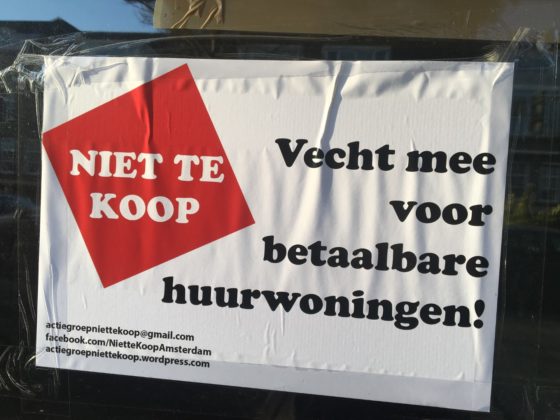Blackstone owns housing worth €800m in NL, but pays no tax: VK


American investment house Blackstone, which has built up a Dutch housing portfolio valued at €793m since 2019, pays no tax on its real estate in the Netherlands, the Volkskrant reported on Saturday.
The company uses a variety of limited and holding companies via Luxembourg, Jersey and the Cayman Islands to ‘lose’ its profits and make a loss on its Dutch venture, hence the zero tax bill, the paper said.
The loss in the Netherlands has been created by interest charges on debts that the Dutch companies have with the Luxembourg companies, the Volkskrant said.
Blackstone can deduct these interest expenses from its rental income in the Netherlands – leaving no profit and therefore no tax to be paid on the rent paid by its tenants.
The interest owed does not have to be paid either. Instead it is added to the loan every year, increasing the debate and subsequently the annual deduction for interest paid, the paper said.
In 2015, the then housing minister Stef Blok called on foreign investors to put money into the housing market and a number of investors have since moved in.
Blackstone now owns some 1,700 homes in the Netherlands and they are valued at €793m on the company’s books.
Legal
Blackstone told the Volkskrant in a reaction that it meets Dutch legislation and all appropriate tax is paid.
‘The structure we use is in line with that used by institutional investors all over the world,’ the company said. ‘In the past five years we have invested more than €4bn in the growth and improvement of our Dutch property portfolio, including offices, logistics, hospitality, housing and retail.’
Aggressive
Leiden University tax law professor Jan van de Streek told the Volkskrant that the Blackstone approach is ‘aggressive tax planning’ in the ‘danger zone’ to be considered abusive.
Tax offices are becoming more critical of the private equity approach and ultimately it would be up to the Supreme Court to say if this is legal, he said.
Blackstone hit the Dutch headlines last month when it reported that 328 homes on its books in Amsterdam were empty. Property owners in the capital are required to brief the city council if their property is empty for more than six months but until that point the company had only made reports about six.
In 2019, the UN’s housing advisor accused private equity firms and Blackstone of exploiting tenants, ‘wreaking havoc’ in communities and helping to fuel a global housing crisis.
Thank you for donating to DutchNews.nl.
We could not provide the Dutch News service, and keep it free of charge, without the generous support of our readers. Your donations allow us to report on issues you tell us matter, and provide you with a summary of the most important Dutch news each day.
Make a donation